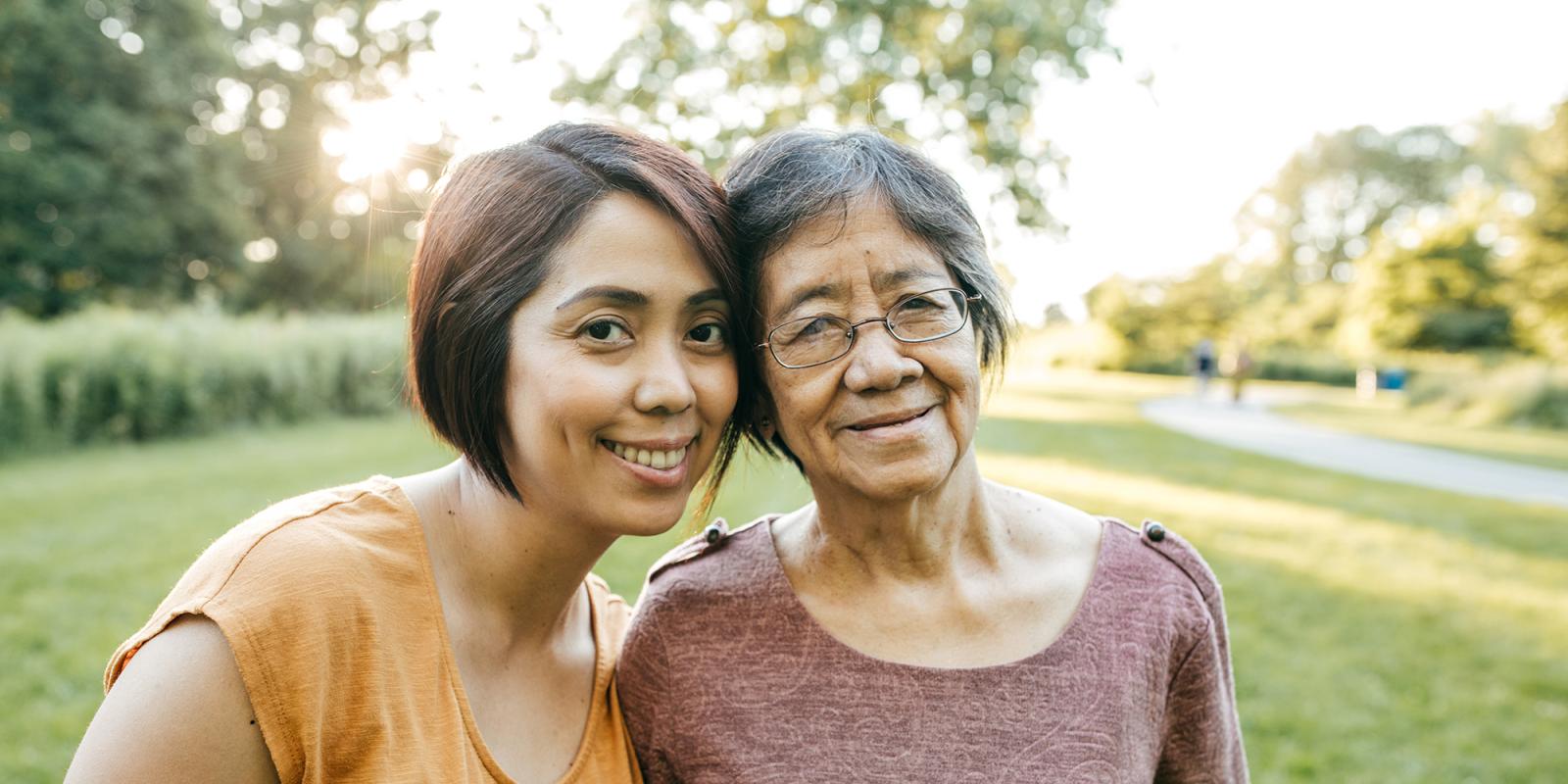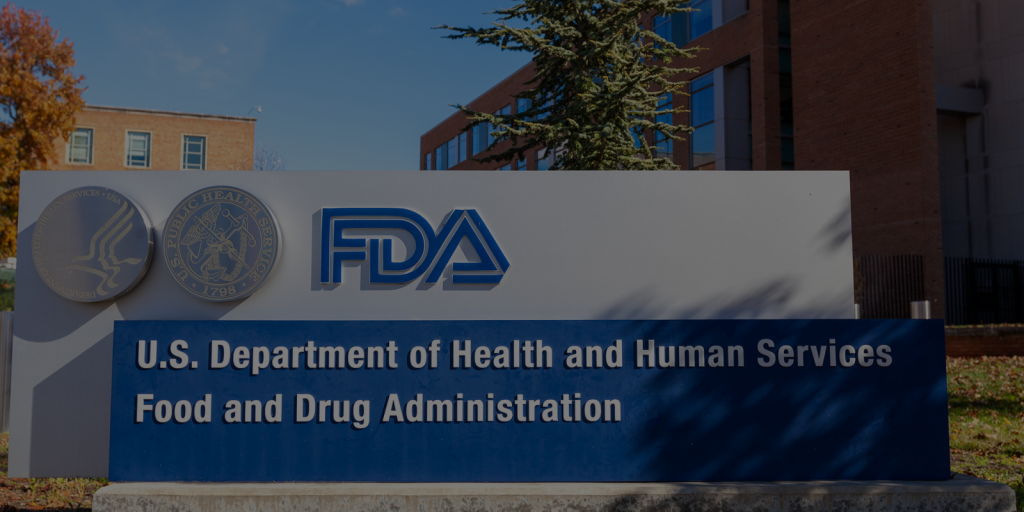These are challenging times as we continue to experience firsthand the impact of the pandemic. Our “new normal” of the past 16 months is colliding with our “old normal” as society looks to fully open back up. Now we are in what we might call an “emerging normal,” which will have a profound impact on society and on our industry.
We notice in our calls with SYNERGY HomeCare franchisees that no matter where they are, they see similar challenges in this “emerging normal.” The most obvious being that home care has become a household name and “aging in place” is the preferred choice for most families. This is now a reality that is happening across the country.
But two other trends routinely surface that we need to be aware of—a new and more nuanced element of older adult isolation, and the welcome emergence of more engaged and knowledgeable adult children.
Older Adult Isolation
Elder isolation was an obvious concern for our industry throughout the pandemic. But now we are running into two types of “emerging normal” older adults—those who show the effects of sustained isolation and those who may be just starting down the path toward isolation.
‘The home care industry needs to continue to speak up often about the impact of isolation on older adults.’
Across all of our communication channels, we receive more inquiries from adult children about the impact of COVID-19-related isolation on their older loved ones. They have noticed their older loved ones are having difficulty restarting their lives as the world opens up around them. Many adult children suggest their mom or dad is suffering from depression or the early stages of dementia.
The second subset consists of older adults who may have benefited from nearby and engaged family members throughout the pandemic. But now that their adult children are going back to work and needing to balance their home life and resumed children’s activities, their older loved one may be left out and suddenly faces a sense of isolation.
The home care industry needs to continue to speak up often about the impact of isolation on older adults. Just because we are coming out of the pandemic does not mean the impact of isolation has subsided. In fact, it may just be rearing its ugly head. We must continue to educate both adult children and their parents about how isolation can be harmful and what the signs are, including subsequent depression, early onset of dementia or the other debilitating factors such as heart disease, stroke and anxiety.
More Engaged Adult Children
A second major trend is adult children who are increasingly more empathetic and engaged. They have become smarter healthcare consumers and better advocates for their older loved ones. Our franchisees are seeing this play out during interactions with new and existing clients.
“Before COVID, many adult children went to work each day, had a routine in balancing their children’s activities, and may have been able to run over to assist Mom and Dad if they lived nearby. They epitomized the Sandwich Generation. But during the pandemic, they worked from home, their children’s activities were canceled, so they had more time and flexibility to assist their parents. They are headed back to the office. They don’t want their aging parents to take a step backward. They know what Mom or Dad needs and wants,” said Tom Nelson, who owns SYNERGY HomeCare of Campbell/Los Gatos, Calif.
‘There’s suddenly much more clarity in articulating the needs for parents, which gives us more to work with when designing personalized care plans.’
“There is no doubt that the adult children are much more knowledgeable,” said Tina Romero, SYNERGY HomeCare of Piscataway, N.J. “The other day, I had a wonderful assessment and the adult child admitted that before the pandemic, she had no idea what time her Mom ate or what her needs were at mealtime or bedtime. She is now so much more aware. It was one of the best initial meetings I’ve had in a long time because she focused her questions on caregiver skills and availability during the specific times her mother needed care. She, like so many others, is much more prepared today to talk with us. They also seem to know more about the services we provide.”
Mike Endredy of SYNERGY HomeCare of the East Valley in Mesa, Ariz., reports, “there’s suddenly much more clarity in articulating the needs for parents, which gives us more to work with when designing personalized care plans. This is also allowing us much better conversations with the adult children as we can work together to address their stress points, too, and allow them, along with Mom and Dad, to live their best lives.”
This awareness presents our industry with new challenges in meeting the needs of a more educated consumer. Adult children may now be much more aware of exactly what is best for their parents. For many, their parents’ routines have blended into their own. And that is allowing for greater levels of care.
One area that is critical to think about is how we communicate with adult children. As we care for their loved ones, we need to remember that many of them are much more aware of how Mom and Dad live now and want to live in the future. Many saw their parents’ nuances, quirks and needs up close.
And now that they have hired us, we will certainly face more questions and concerns. They likely will demand greater connectivity from us. It’s a great position to be in for all of us involved in supporting the aging community.
Charlie Young is the CEO of SYNERGY HomeCare, which is headquartered in Gilbert, Ariz.













